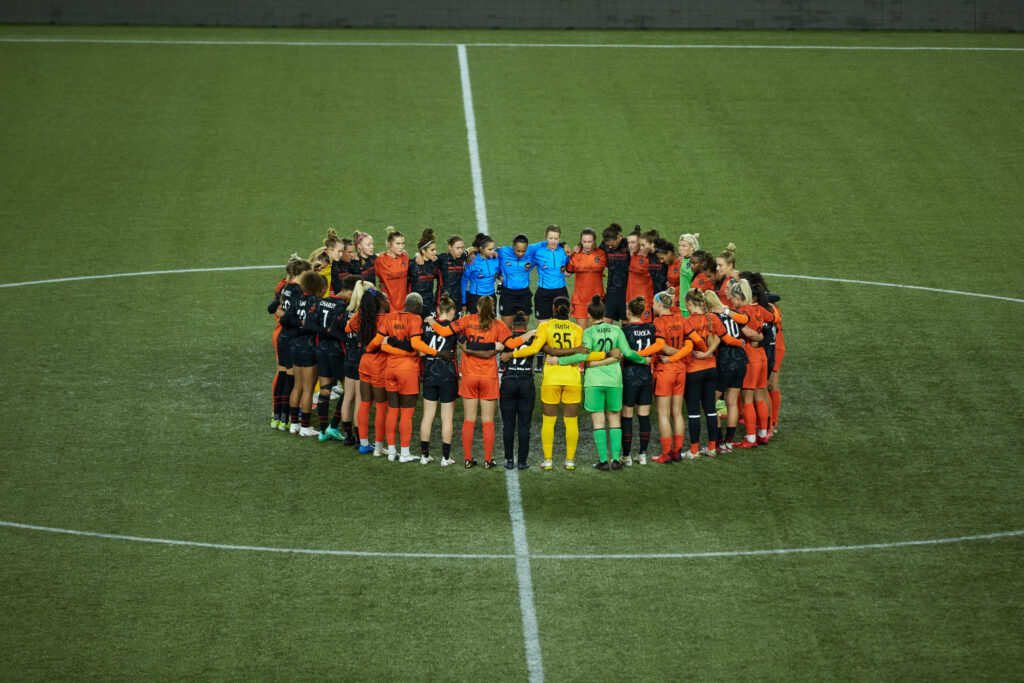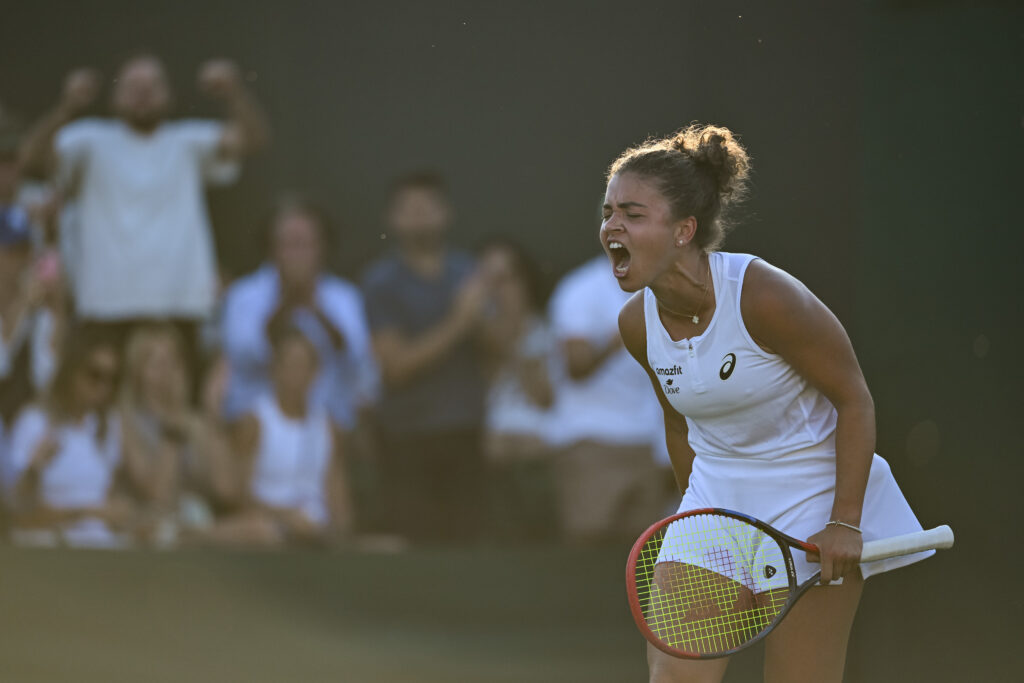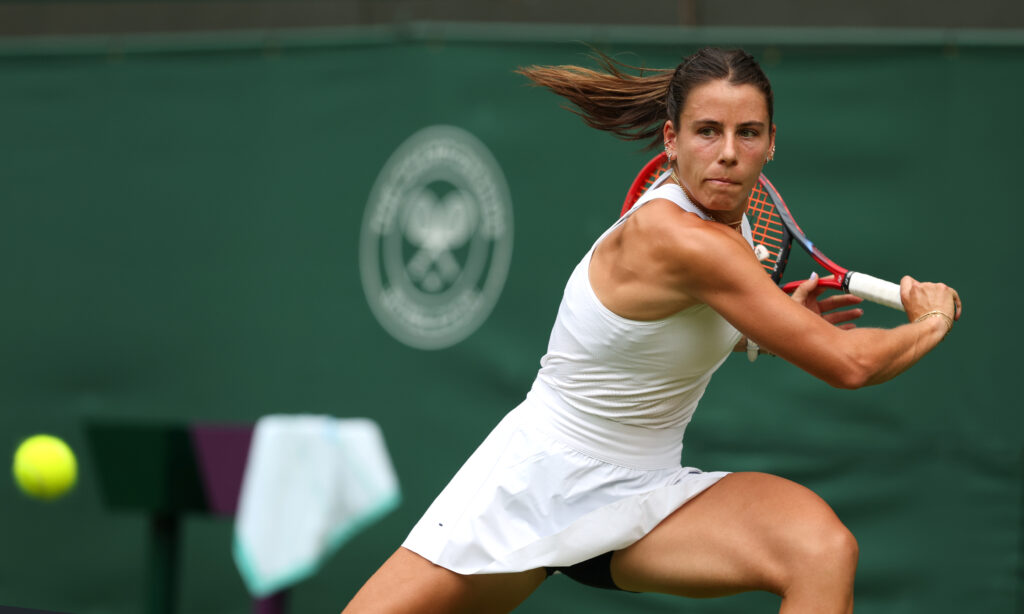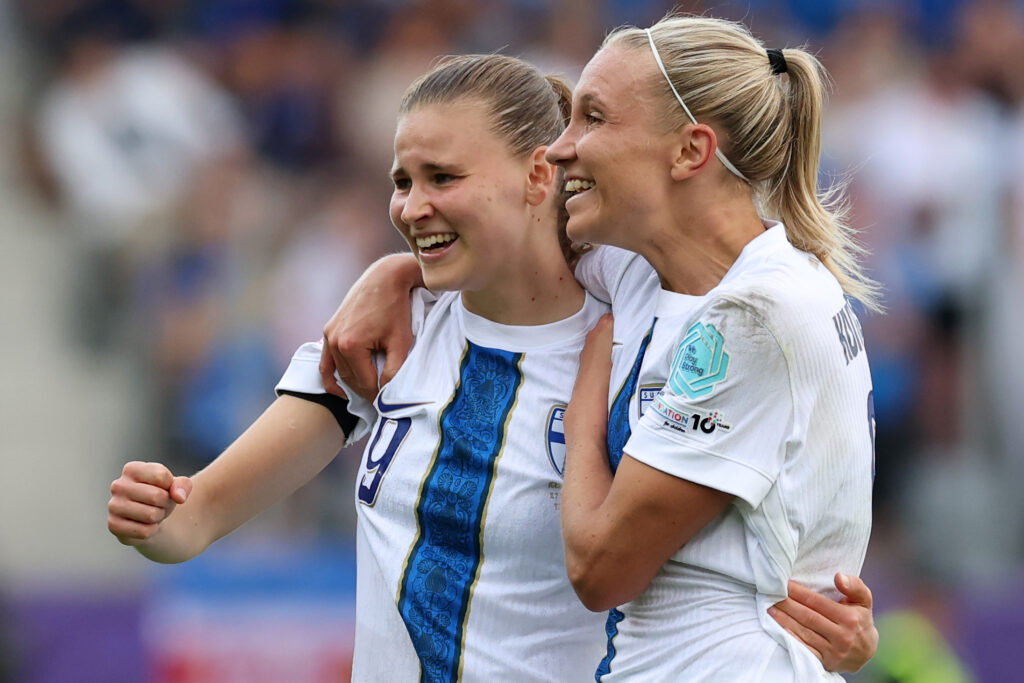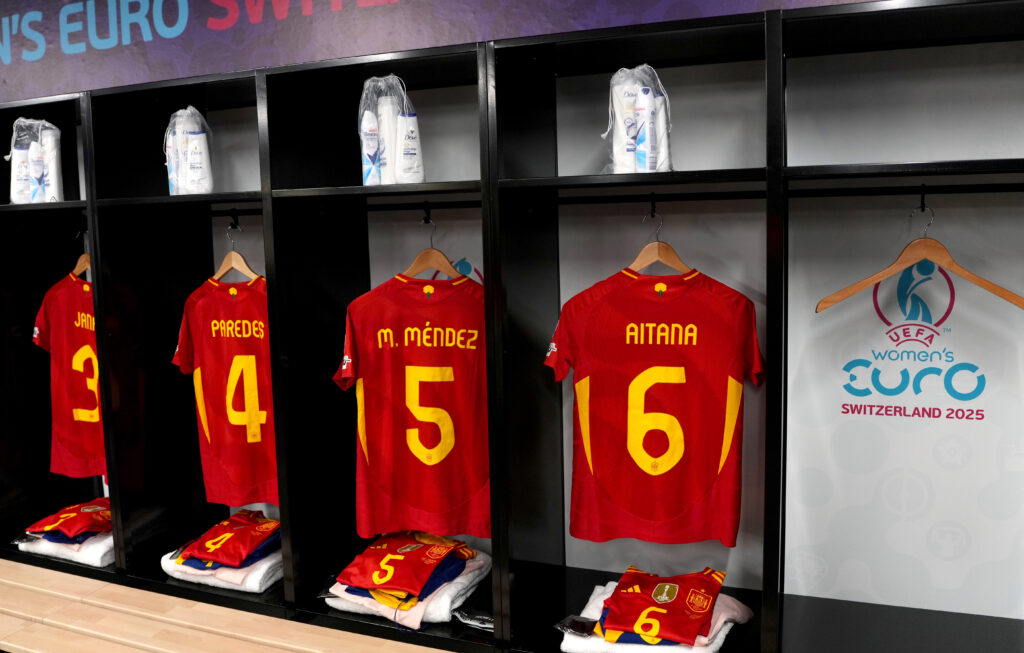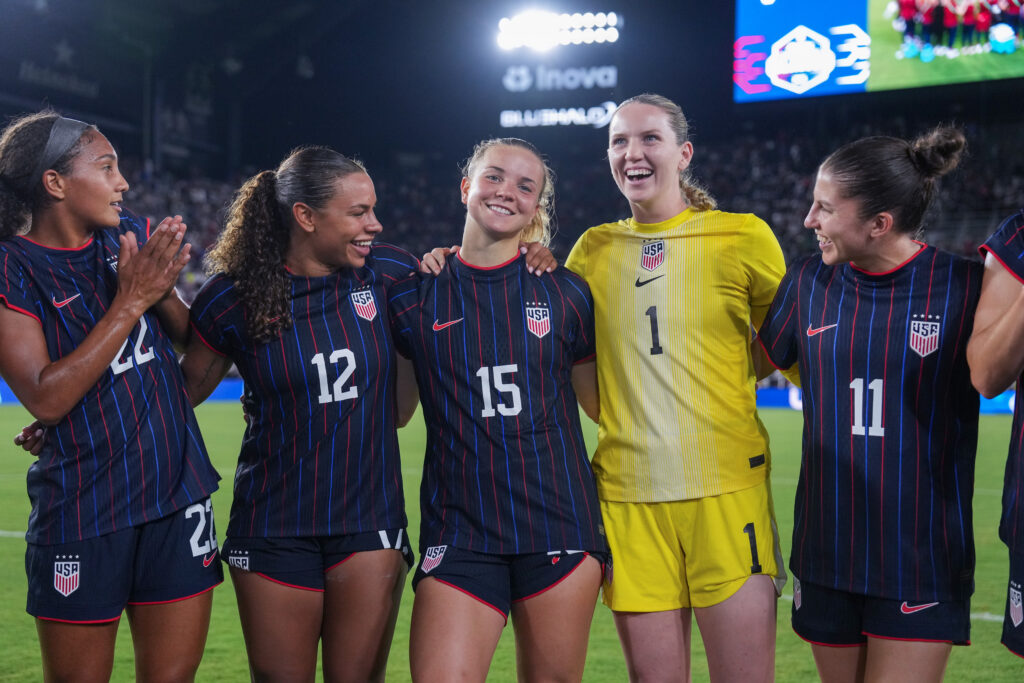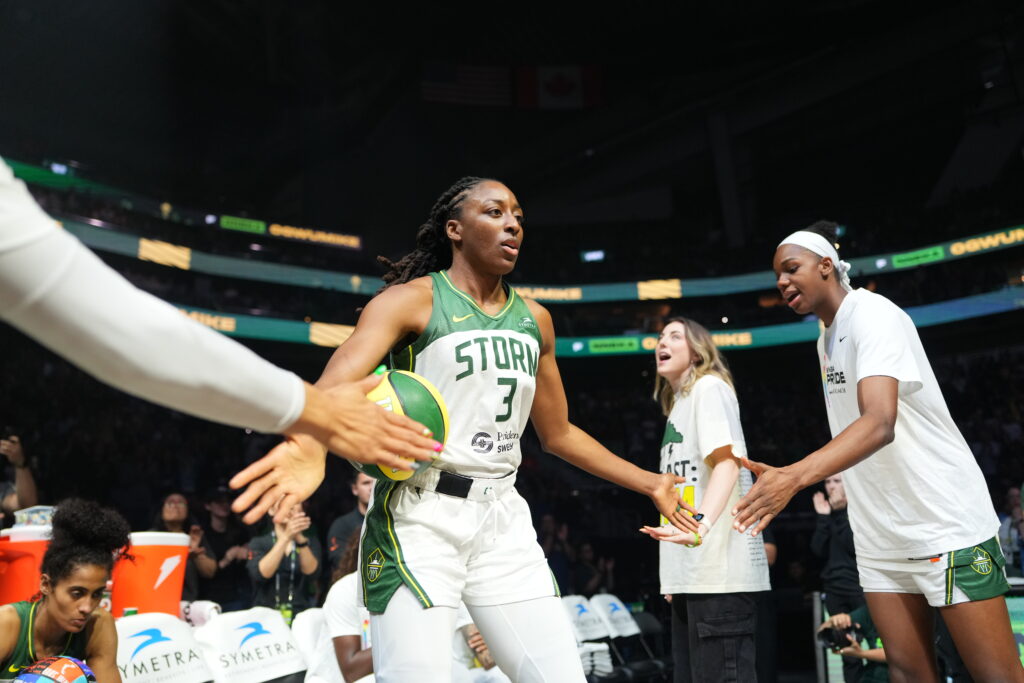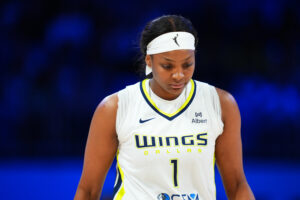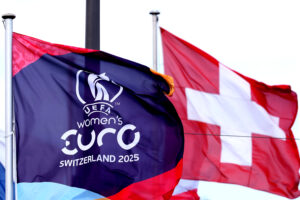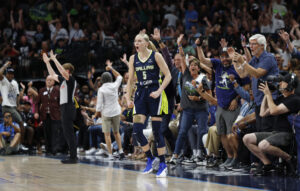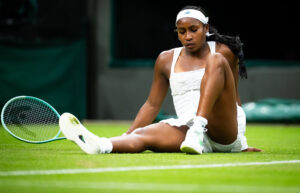Of everything I’ve felt since The Athletic first broke the Paul Riley story, the overwhelming feeling has been exhaustion.
The details of the situation, from Riley’s predatory behavior to the NWSL’s apparent disinterest in investigating the claims, may shock the average fan. But the general pattern is chillingly familiar to those of us who have spent our lives in women’s sports.
Over the last week, I’ve talked with many of my former teammates and friends within the soccer community. Everyone was shocked but not surprised by what they read. The simple, terrible truth is that we all had seen similar stories play out, of an all-powerful coach whose behavior crossed a line.
We’ve all grown up watching movies about inspirational coaches and underdog teams overcoming the odds to win some elusive trophy. But anyone who has played a sport at an elite level knows that usually isn’t how it works. The culture of insecurity that Riley created, the artificial environment in which he was a god-like figure, isn’t unique to him. And while the vast majority of coaches are not sexual predators, you’d be shocked by how many of them crave this level of control, how many of them oscillate between excessive anger and praise, leaving their players chasing their approval.
I played club soccer, college soccer, and professional soccer both in America and abroad, and I’ve seen these dynamics at every level. It’s not just abusive men, even if their cases are more numerous, particularly in the NWSL. I’ve been around female coaches who were just as manipulative, and whose comments also veered into uncomfortable personal territory. It’s left me convinced that we simply live in a culture that’s obsessed with women’s bodies and is relentless in subjecting them to judgment and control.
This is only amplified in sports, where coaches have a professional excuse to care about their players’ fitness. Abuse can hide itself more easily in this space, but we all know it’s pervasive across the fabric of society. It’s the same in the workplace, and I know, because I’ve seen it. It’s an older man stopping a meeting to tell you he’d date you if he was younger. It’s investors telling you to do more on-camera stuff because they like the way you look on Zoom. It’s being told right before you’re about to pitch your company alone to a room of men that you look cute that day.
But again, it’s women too: I can’t tell you how many female VCs have lectured me on how I dress or do my hair. I’ve been told that I look too girly and that I look too masculine. That I need to dress more sporty but also more professionally. That I should and should not wear makeup to meetings. That I have to wear sneakers. That I have to wear heels.
I don’t want to sound petty. I’m just exhausted. I’m tired of being the only woman in the room, and then hearing men praise themselves because they let a woman in the room. I’m tired of hearing my athlete friends whisper about the shady comments their coaches have made. I’m tired of reading stories like the one in The Athletic.
All these things happen because people in power assume no one will speak up. They depend on the inequities which create and reinforce a culture of silence, in which victims of both sexual harassment and offhand comments are forced to choose between their dignity and their dreams.
As the saying goes: power corrupts, and absolute power corrupts absolutely. In the world of women’s sports, absolute power is often concentrated in a handful of coaches and executives. It’s they who determine whether you make the team, whether you play, whether you get called into the national program, or whether you get cut without a moment’s notice. They are the gatekeepers of each player’s dream.
In some ways, leagues like the NWSL are a beacon of progress and change. They’re a place where talented, outspoken, pink-haired and LGBTQ players take the field, take up space, and make their voices and ambitions heard. They win, lose, compete and make mistakes, and revel in the glory of athletic expression.
At the same time, they struggle: side jobs are necessary, housing insecurity is rampant, and abusive coaches are tolerated because they could cut you at any minute.
This must change. And it starts with players like Sinead Farrelly and Mana Shim refusing to be silenced, no matter how many times they’re told to go away. Players shouldn’t have to be heroes in order to be protected. But the bravery of these women is changing the game, as is the work of journalists like Meg Linehan, Katie Strang and so many other reporters who are committed to giving light to these stories.
I started Just Women’s Sports for all the aspirational reasons you can imagine, but also because I was genuinely upset. I was tired of seeing this space being held back by those on the outside who refused to give it a chance, and those on the inside who only used it for power.
Beneath the weight of this past week, I still haven’t lost hope. As heartbreaking and depressing as everything has been, it’s impossible to ignore the swift and overwhelming response from fellow athletes, journalists and fans. There are too many people speaking up for this to quietly go away. There are too many players taking a stand for the NWSL to go back to business as usual.
Statements and resignations and investigations are just the start. But replacing the people running the machine won’t fix the machine. Real, systemic change will require everyone in women’s sports to rethink their role.
Protecting the players has to be the bare minimum. That means establishing protocols and procedures for reporting and investigating abuse. That means requiring teams to be honest about when they’re firing coaches for misconduct. That means delivering a CBA that protects players from being cut without warning or compensation.
All of that can be done in the immediate future. In the long term, our focus has to be on building the space. Growth is more than an economic necessity — it’s a moral imperative for women’s sports because of the inequities that continue to persist and jeopardize players’ safety and careers. We need more fans, more dollars and more sponsors. We need players who are secure in their livelihoods so that they can speak truth to power and chase their dreams.
That’s the future we’re trying to help build with Just Women’s Sports. As difficult as this past week has been, it has the chance to be a turning point in women’s sports.
Now is the time to get to work, with a renewed sense of vision and purpose.
Haley Rosen is the Founder and CEO of Just Women’s Sports. She is also a former pro soccer player and was an All-Pac-12 midfielder at Stanford.
